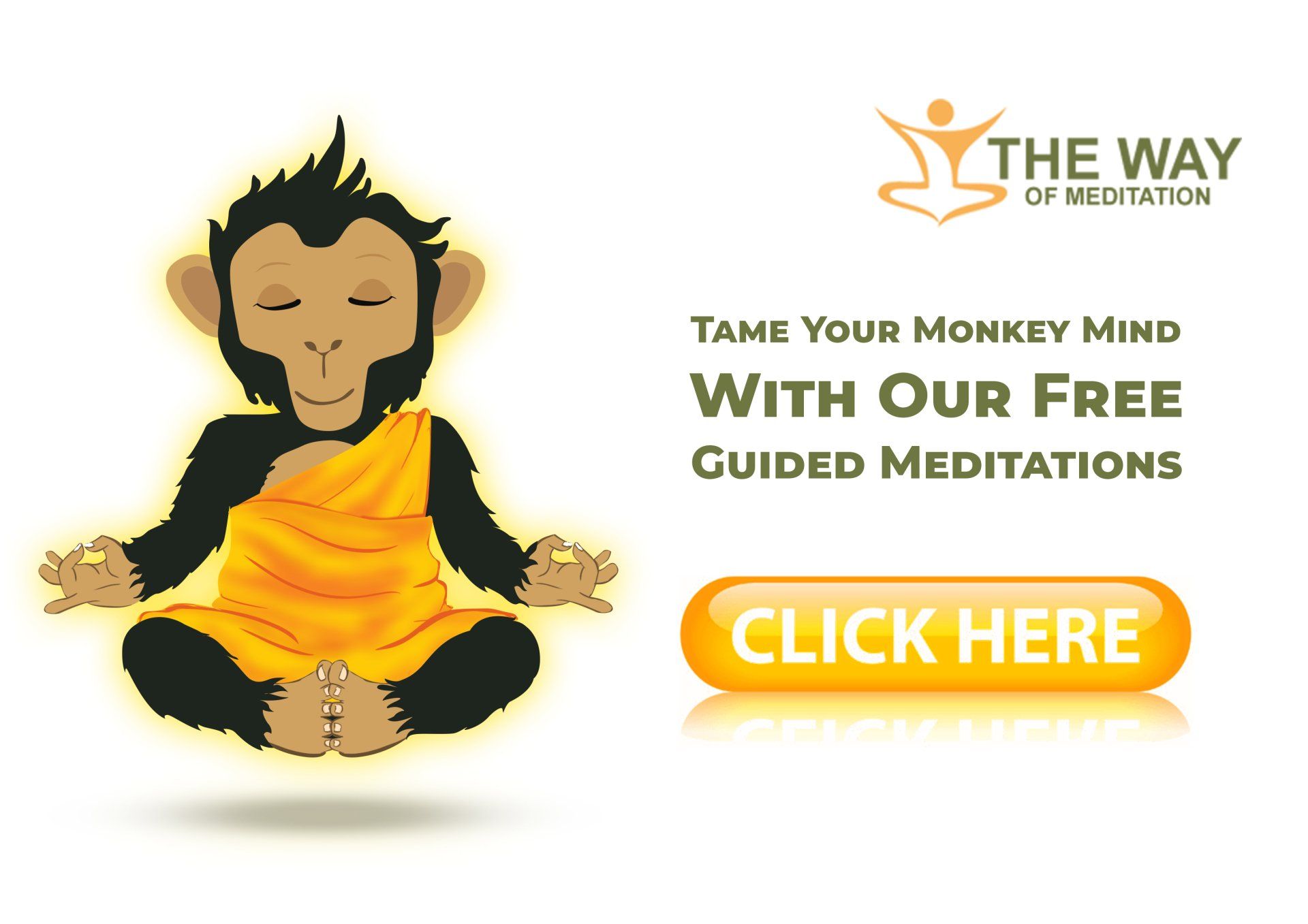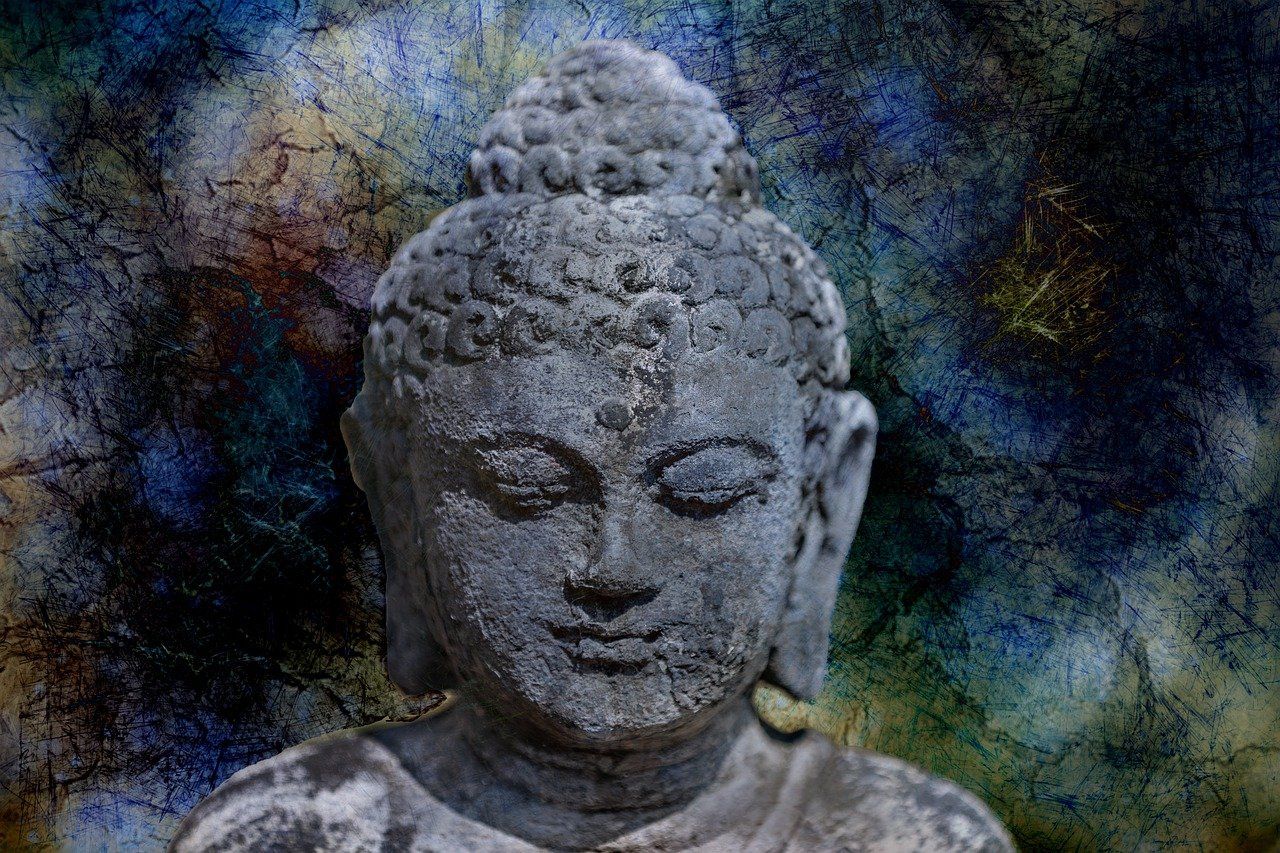The Way of Meditation Blog
Bringing Ancient Wisdom Into The Modern World
These 7 Common Mistakes Might Be Ruining Your Meditation Practice
October 22, 2015
Meditation Mistakes
After the discovery made by neuroscientists from Harvard University, which proved the beneficial effects of meditation on the human brain, the popularity of this ancient practice soared but many people fail into common mistakes that can be avoided.
However, even amongst those who regularly devote their time and effort to learning meditation, it is common to admit that they are facing challenges in their practice and they are not fully happy with the results. This can naturally lead to frustration and disappointment, especially if you don’t know how you can fix the situation.
1. Lack of clarity . You tell yourself that you’re going to spare those 10 minutes and ‘try to meditate’, but your real focus is elsewhere. Your mind responds to orders given with absolute certainty and conviction. Before starting to meditate, first bring your attention to your goal. Say to yourself that for the next 10 or 20 minutes you want to focus on meditation and nothing more, and avoid the temptation of ‘maximising time’ and trying to plan or think about something else during your practice.
However, even amongst those who regularly devote their time and effort to learning meditation, it is common to admit that they are facing challenges in their practice and they are not fully happy with the results. This can naturally lead to frustration and disappointment, especially if you don’t know how you can fix the situation.
1. Lack of clarity . You tell yourself that you’re going to spare those 10 minutes and ‘try to meditate’, but your real focus is elsewhere. Your mind responds to orders given with absolute certainty and conviction. Before starting to meditate, first bring your attention to your goal. Say to yourself that for the next 10 or 20 minutes you want to focus on meditation and nothing more, and avoid the temptation of ‘maximising time’ and trying to plan or think about something else during your practice.
2. Wrong timing .
Our physical condition has a strong influence on everything you do. If you’re falling asleep during meditation, is a sign that your body needs rest more than it needs anything else at that given moment. Respect its needs and schedule your practice for when you’re not tired and sleepy. Also, avoid meditation straight after having a substantial meal or drinking alcohol. Don’t have any urgent appointment or a phone call scheduled right afterwards, because it will ruin your focus.
3. Unsupportive surroundings . Building mental strength is very much alike growing a physical muscle – it’s natural to look forward to the time when you are able to run long distances or lift heavy weights – but you can’t expect that to happen right at the start. With some experience, you will be able to meditate on top of a snowy mountain or in a noisy city centre – but when you’re just starting to learn, don’t make it more difficult than it needs to be. Make sure that the environment is not overly warm or cold, or noisy.
4. Wrong posture . It is important to keep your back straight during your practice and not round your shoulders. If you find this position difficult to hold while sitting, you can meditate lying on your back. You can learn more bout how to achieve the perfect posture HERE.
5. Lack of consistency . You need to train your mind to become disciplined. Choose a time slot during the day and protect it from being taken over by other activities. Starting your meditation exercise at the same time and in the same place consistently, will help you see the results faster. Your mind will get used to this routine and go into the ‘meditation mode’ more easily.
3. Unsupportive surroundings . Building mental strength is very much alike growing a physical muscle – it’s natural to look forward to the time when you are able to run long distances or lift heavy weights – but you can’t expect that to happen right at the start. With some experience, you will be able to meditate on top of a snowy mountain or in a noisy city centre – but when you’re just starting to learn, don’t make it more difficult than it needs to be. Make sure that the environment is not overly warm or cold, or noisy.
4. Wrong posture . It is important to keep your back straight during your practice and not round your shoulders. If you find this position difficult to hold while sitting, you can meditate lying on your back. You can learn more bout how to achieve the perfect posture HERE.
5. Lack of consistency . You need to train your mind to become disciplined. Choose a time slot during the day and protect it from being taken over by other activities. Starting your meditation exercise at the same time and in the same place consistently, will help you see the results faster. Your mind will get used to this routine and go into the ‘meditation mode’ more easily.
6. Using a meditation technique that is not in tune with your nature .
You surely know that different people have different personalities – some are outgoing and outspoken, whereas others are shy and solitary, some are happy to take risks while others prefer playing safe, some love public attention while others dread it, and so forth. It’s natural that those people choose different jobs and different hobbies and go on holiday to dissimilar places. However, when it comes to meditation, we are often trick to think that ‘one size fits all’ suddenly applies here. This is not true. When choosing your meditation routine, it is a good idea to make sure that you pick one that resonates with you most. There are different kinds of meditation to suit everyone’s needs and you’re certainly not restricted in your choice. If you’re not sure what would be the best for you, understanding the 4 Basic Personality Principles, or The Four Elements, would help. Knowing your Element will save you a huge amount of time, which you’d otherwise have to spend on finding it out by trial and error.
7. Confusing expectations . Our society has conditioned us to be competitive in almost everything we do. Whenever we start a new activity, especially when we are learning on our own, it’s quite natural to start having doubts, “Am I doing it right?”, “Am I progressing at all?”, “Can I make this work?” and similar. Remember that when learning meditation you are not competing with anyone. You are getting to know yourself better and acquire mastery over your own mind. Although you may be following the same techniques as your friends or partners, don’t be surprised if you’re getting different results – your mind is unique. The measure of your success is simply the ability to keep your focus constant over longer and longer periods of time. You can measure it using a watch, and have a diary to keep record of your progress.
7. Confusing expectations . Our society has conditioned us to be competitive in almost everything we do. Whenever we start a new activity, especially when we are learning on our own, it’s quite natural to start having doubts, “Am I doing it right?”, “Am I progressing at all?”, “Can I make this work?” and similar. Remember that when learning meditation you are not competing with anyone. You are getting to know yourself better and acquire mastery over your own mind. Although you may be following the same techniques as your friends or partners, don’t be surprised if you’re getting different results – your mind is unique. The measure of your success is simply the ability to keep your focus constant over longer and longer periods of time. You can measure it using a watch, and have a diary to keep record of your progress.
Get A FREE
Guided Meditation Series
with Chad Foreman

In today’s fast-paced world, the mind often races, driven by the demands of work, family, and personal ambitions. Meditation is commonly seen as a practice to calm the mind, foster inner peace, and connect with deeper aspects of existence. Yet, one crucial element often overlooked is the state of the body, particularly the nervous system. Relaxing the nervous system isn’t just a preparatory step; it is foundational for unlocking the deeper states of awareness and tranquility that meditation promises. Drawing insights from my journey and teachings, we will explore why this is so vital and how it transforms the meditative experience.











